Starry Cosmos, Plain Encounter: Inaugural Exhibition of Cultural Relics from the Meng Dong Li Mountain Retreat
Starry Cosmos, Plain Encounter: Inaugural Exhibition of Cultural Relics from the Meng Dong Li Mountain Retreat
Exhibition Period: March 17, 2024 (Sun.) – April 14, 2024 (Sun.)
Opening: March 17, 2024 (Sun.) at 14:00 (By Invitation Only)
Location: Wistaria Tea House
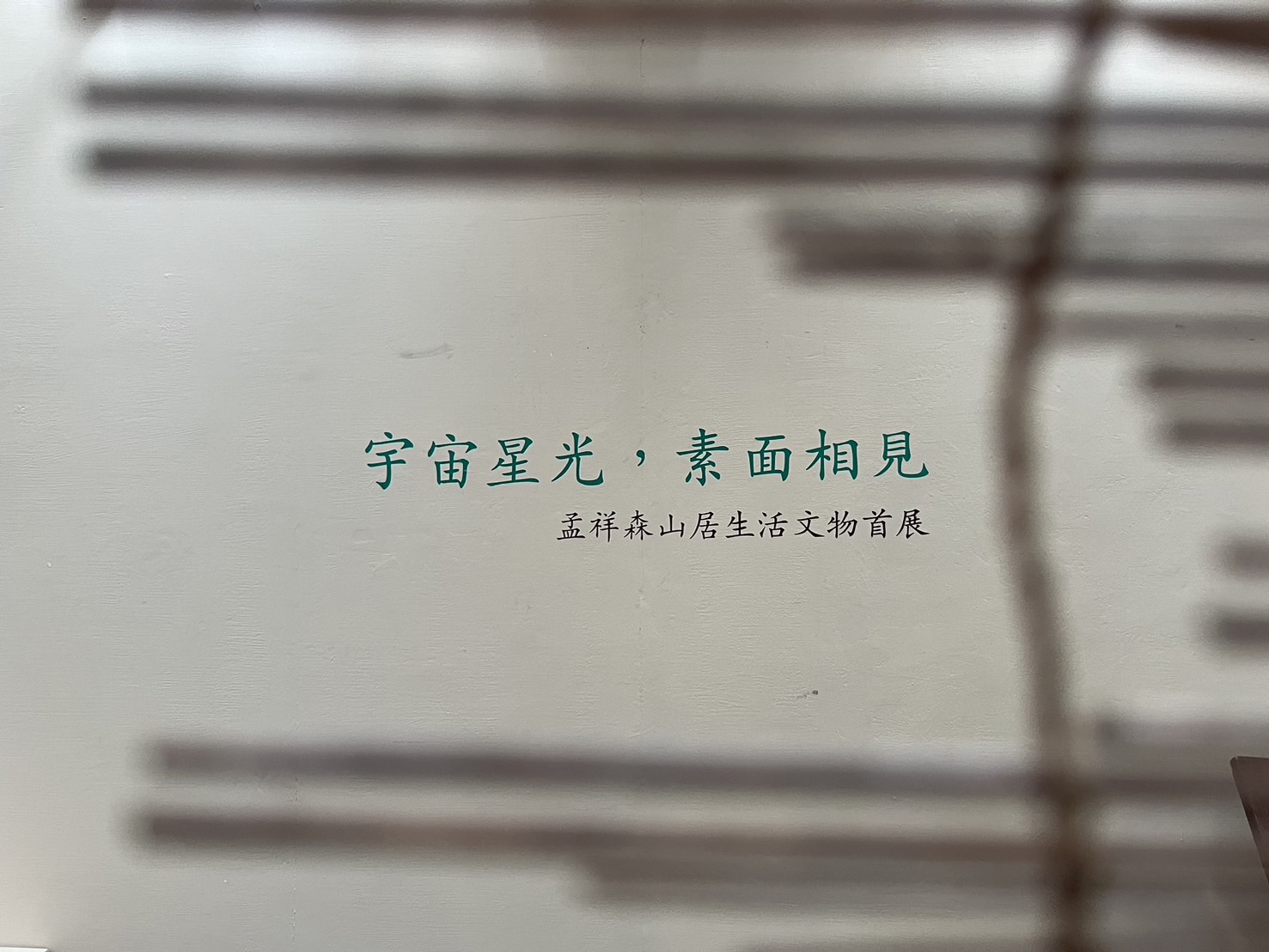
Panel Discussion Series One
Date: March 24, 2024 (Sun.) at 14:00
Topic: "Meng's Existentialism"
Moderator: Chen Ruihua
Panelists: Yang Rubin, Huang Chongxian
Panel Discussion Series Two
Date: March 31, 2024 (Sun.) at 14:00
Topic: "Meng's Philosophy of Loving Life"
Moderator: Lin Liyun
Panelists: Wang Haowei, Hong Mizhen, Huang Xingxing, Chen Nianxuan
Panel Discussion Series Three
Date: April 7, 2024 (Sun.) at 14:00
Topic: "Meng's Writing Style"
Moderator: Lin Huifeng
Speaker: Yang Ze
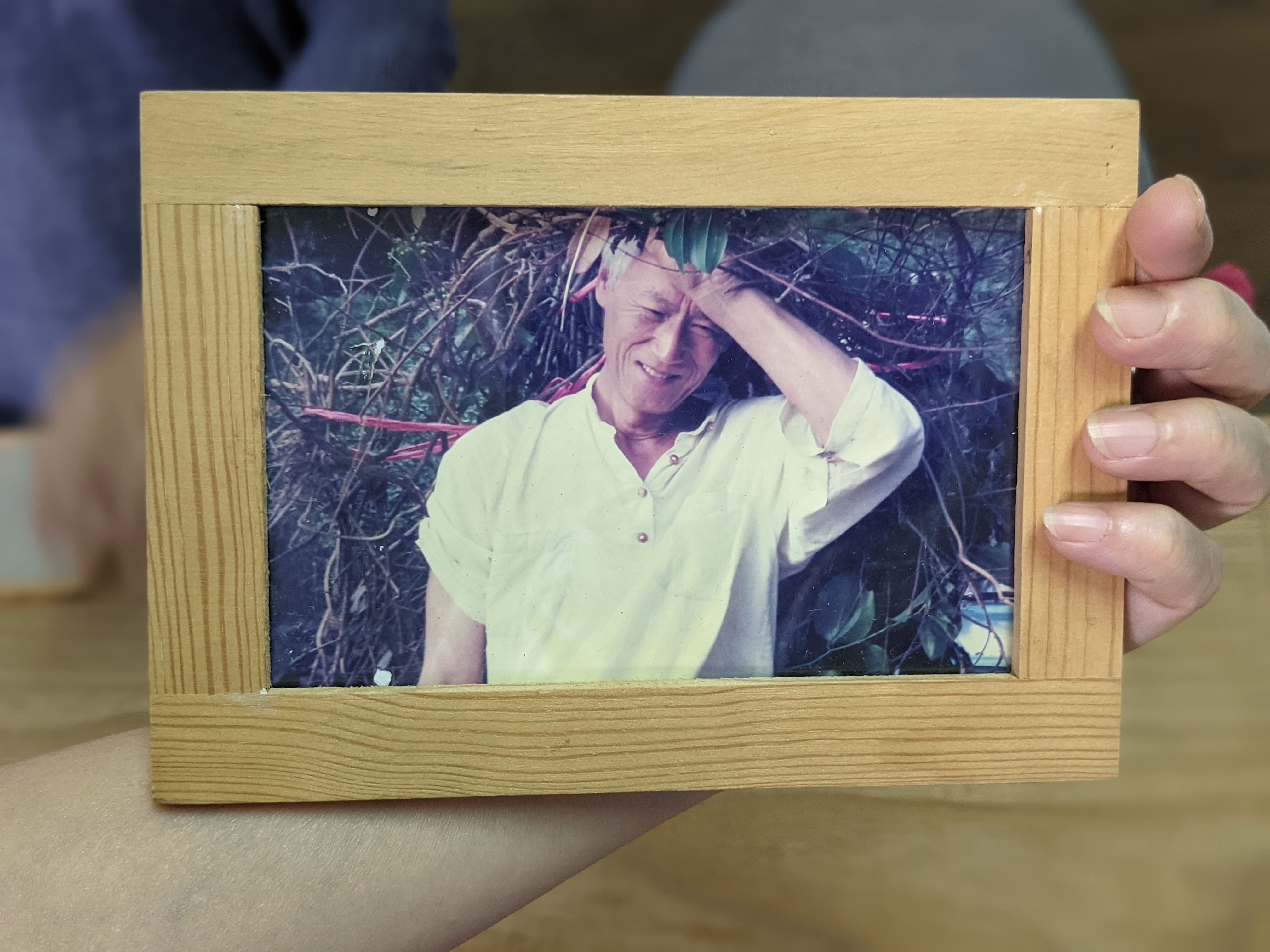
Meng Xiang Sen (1937-2009) was a significant figure in Taiwan's post-war humanistic landscape.
Existentialist philosophy, philosophy of loving life, simple living, and natural writing—all these currents of thought and practice that have influenced the island's spiritual state and cultural landscape bear the indelible mark of Meng Xiangsen's enduring presence. Meng Xiangsen's importance to the humanistic spirit of Taiwan also lies in the unique way of life embodied in his life practices and cosmic inquiries, allowing people and things that intersect with his life to unfold different shades of vitality.
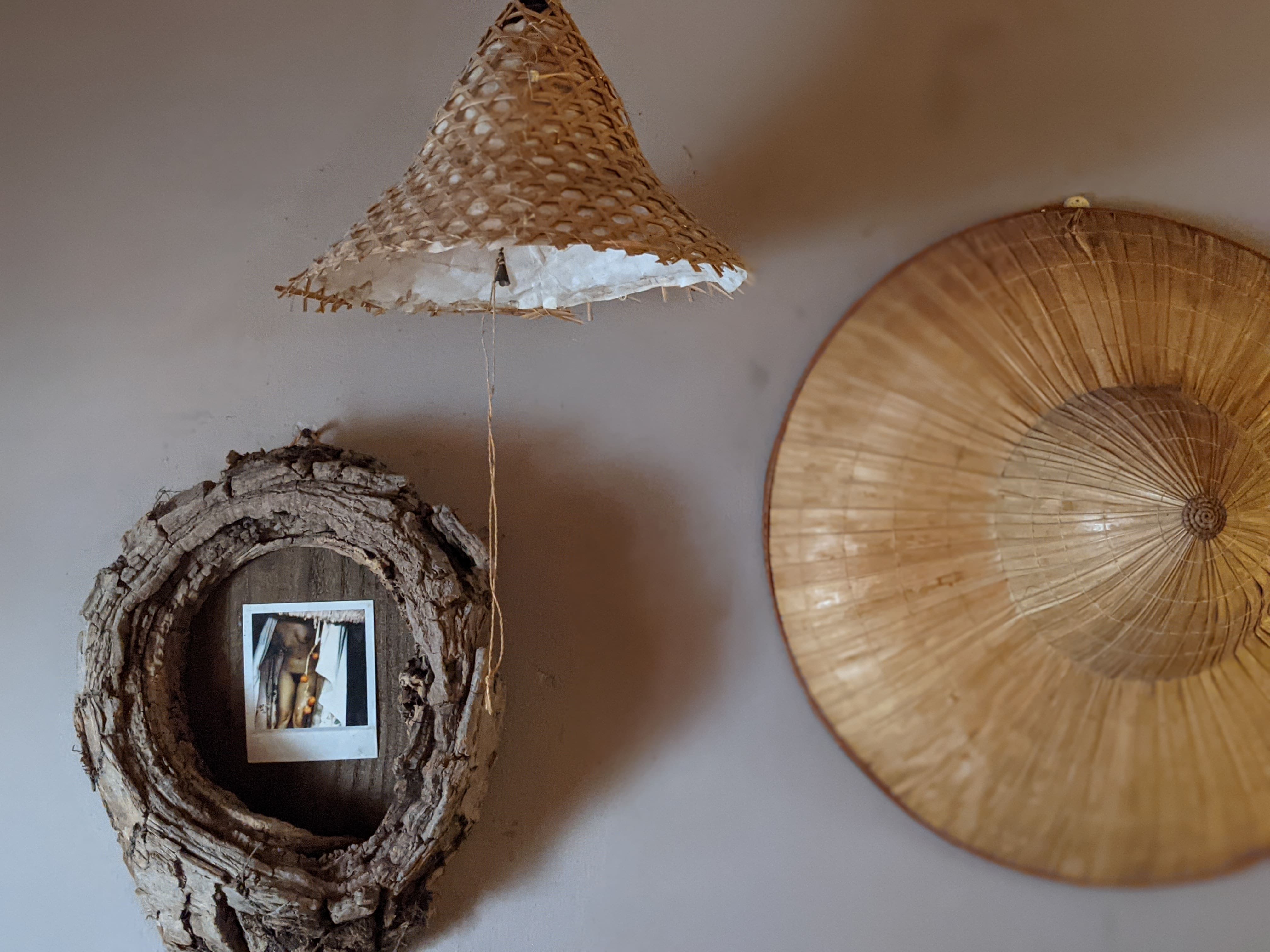
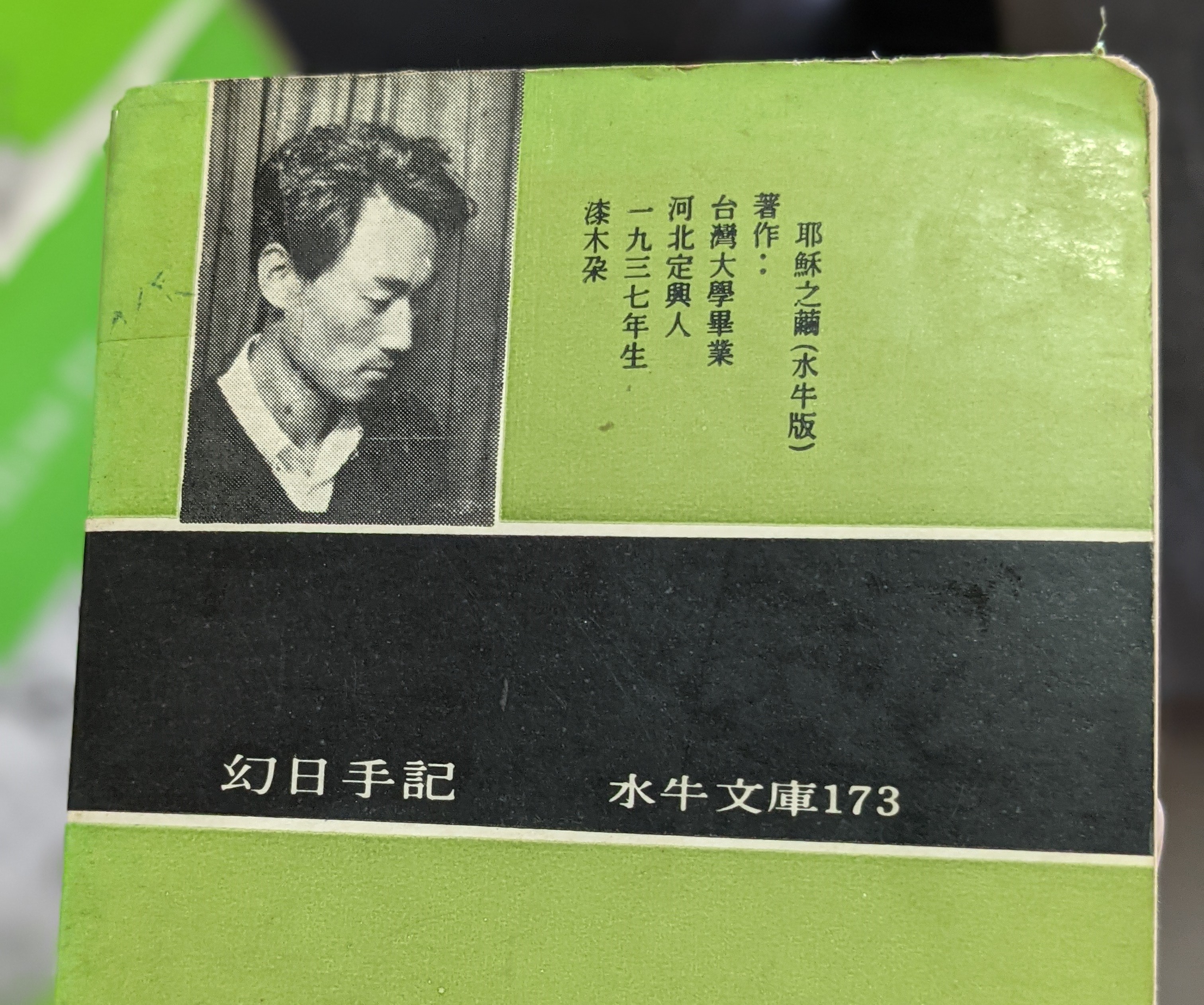
From the mid-1980s until his passing in 2009, Meng witnessed the capitalist society's emphasis on development and consumption, as well as humanity's gradual transformation into a destroyer of natural ecosystems and slaves to material consumption. In contrast to the external environment during his lifetime, Meng's life philosophy and practices were like parallel lines coexisting with the workings of secular society. However, Meng's proud existence served as a reference point for himself and his close friends to reflect on, examine, and contemplate their own lives. Meng lived his life as he pleased, stating, "Those flowers just bloom on their own." In his presence and absence, he left behind an endless fragrance for us to enjoy.
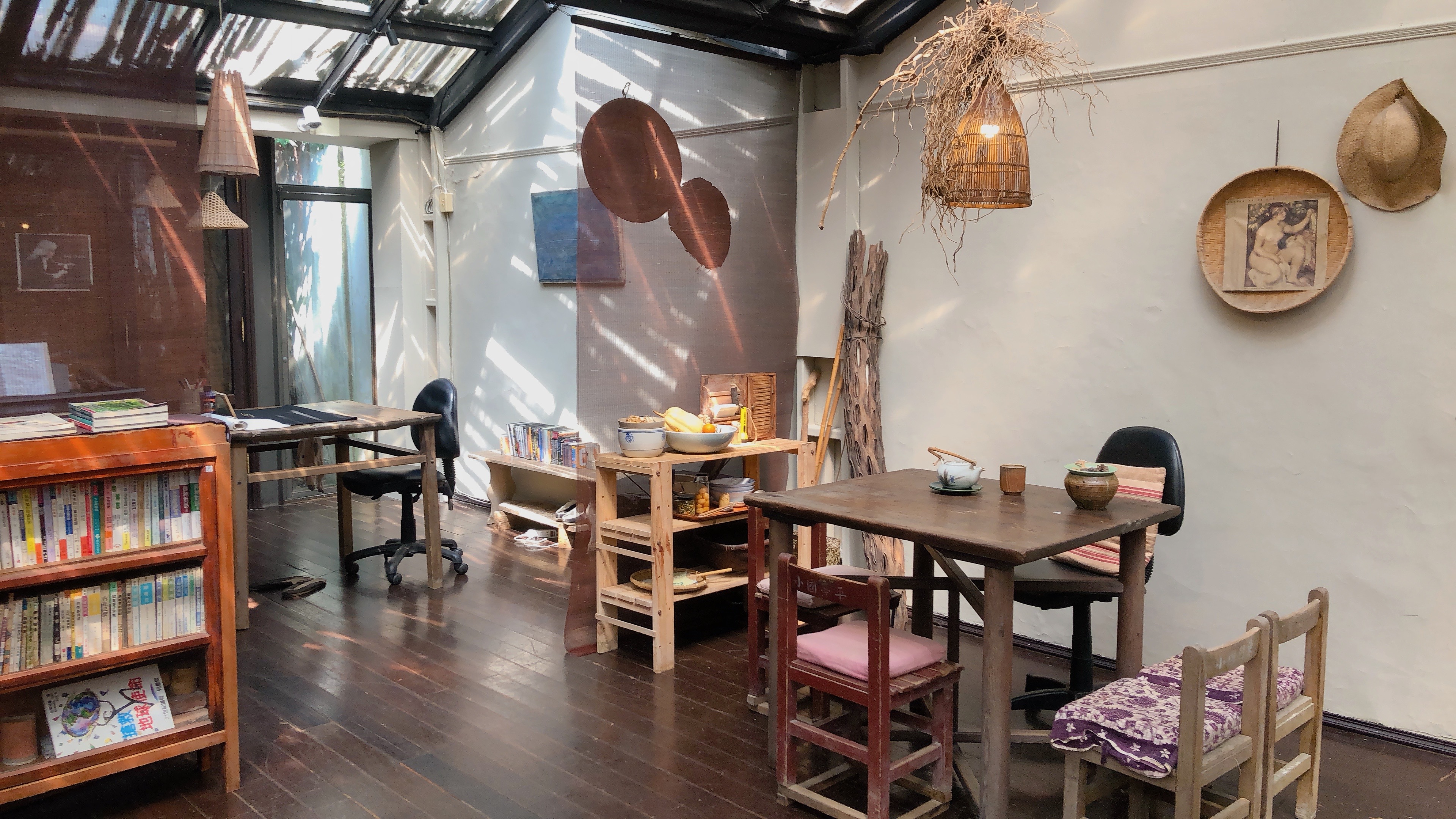
In his later years, Meng resided in Pingdeng Village on Yangmingshan, where he translated and wrote in his mountain study, leaving behind numerous manuscripts. These documents and artifacts remained preserved in their original state in his study for over a decade after Meng's passing. In 2022, with the establishment of the Tsinghua University Museum of Cultural Relics, Professor Yang Rubin proposed donating these manuscripts to the museum's collection. Thus, Meng's mountain study will transform into drifting clouds, dispersing into the stars. Prior to the manuscripts being transferred to the Tsinghua University Museum of Cultural Relics, Wistaria Tea House is hosting this exhibition to reflect Meng's mountain study and its connection to existentialism, the philosophy of loving life, and life writing, like the cosmic starlight.